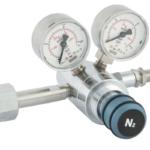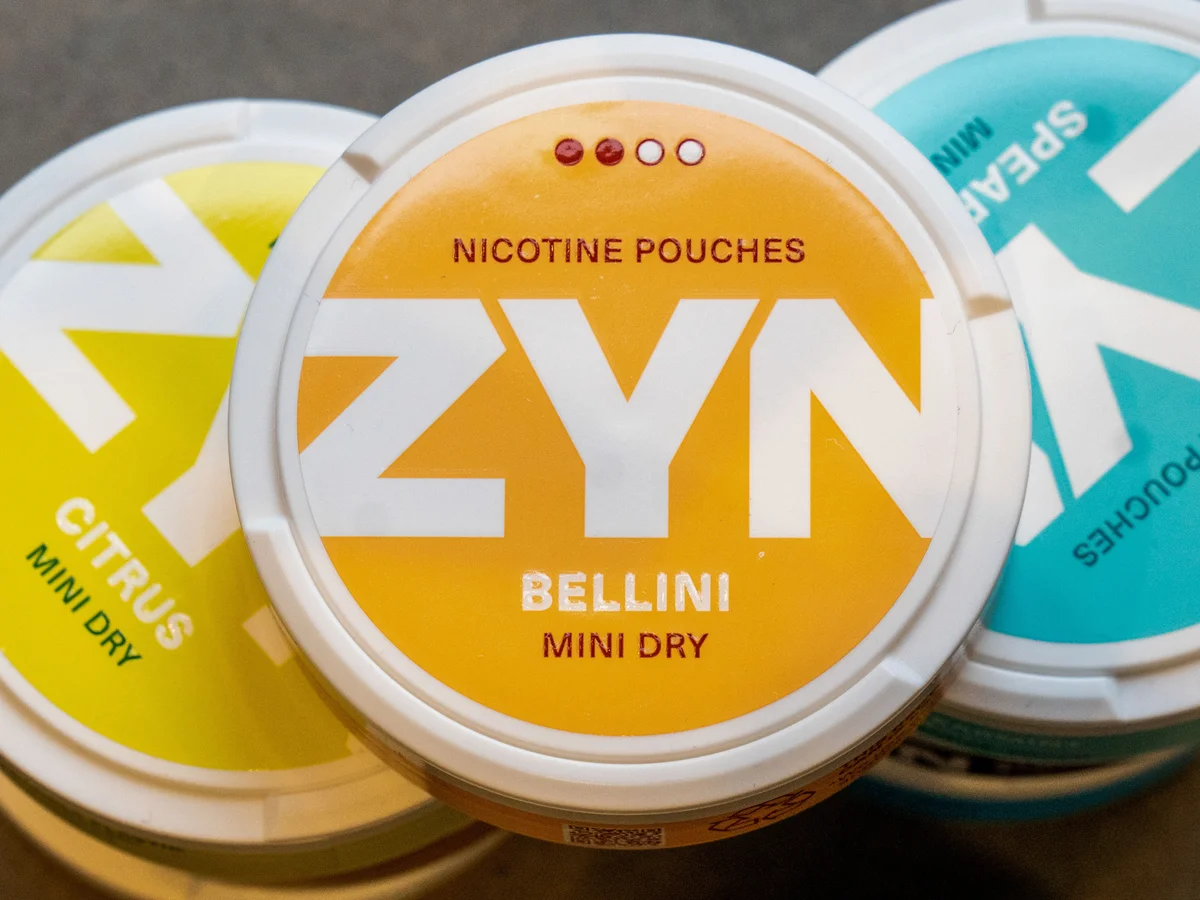How many top teeth do adults have? Does it differ by gender? What about the teeth number chart? Let’s take a look at how many teeth humans have and why some people have far more than others.
How Many Teeth Do Humans Have?
It is important to brush your teeth twice per day, at least. Brushing removes plaque and food particles from your teeth. Over time, these bits of food will harden into tartar, which cannot be brushed away. Eventually, this tartar will cause problems for the health of your teeth and gums if left unchecked. You can also go to the dentist near me (link) if you are interested in getting dental work done. To have a healthy mouth, it is recommended that adults brush their teeth twice every day.
Brush each tooth individually with circular motions and make sure not to miss any spots on either side of the tooth. For maximum effectiveness, use toothpaste with fluoride every time you brush. Flossing should be done once per day as well. Don’t forget about your tongue! Your tongue has many bacteria that need regular cleaning so make sure to spend extra time brushing around your tongue’s bumps with an electric toothbrush or another tool that cleans out the back side of your mouth (link).
Going to see the dentist near me is highly recommended because they offer advice on how often one should get their teeth cleaned by professionals as well as what tools they should use while doing it.
Where Are The Extra Teeth Located?
Typically, there are 20 teeth in the mouth for chewing and grinding. However, there are also incisors at the front of the mouth (these are used for biting and tearing food), canines at the top of the mouth (used for ripping and tearing food), and premolars on either side of your back molars that help to grind food before swallowing. There are also eight teeth on each half of your bottom jaw. In total, this equals 32 teeth.
Adults have 16 top teeth: four upper incisors, two canines, eight premolars, and four lower incisors. The remaining ten teeth are located in the back of your mouth and serve as anchor points for other types of teeth. These anchor teeth will eventually become wisdom teeth once they start to come into alignment with adult top-frontal dentition, which happens around age 17-18. When wisdom teeth come through, it may be necessary for them to be extracted by a dentist near me due to overcrowding or injury risk
Do All Animals Have The Same Number Of Teeth?
The number of teeth in each row of the shark’s mouth is six, and there are many rows. This means that sharks have 30 teeth in total.
The number of teeth in each row of the shark’s mouth is three, and there are many rows. This means that sharks have 10 teeth in total.
The number of teeth in each row of the human’s mouth is four, and there are many rows. This means that humans have 32 teeth in total.
How Many Teeth Do Sharks Have?
In the American system, there are 32 teeth in total. There are eight incisors, four canines, eight premolars, and twelve molars. The top set of teeth is called the incisors and usually consists of two teeth on either side of your mouth, just behind your front-most teeth which are called canines. In some people, these may not be visible because they might have been removed during orthodontic treatment for some reason or another. Some people might only have one incisor or none at all.
Dentists near me will do a thorough examination of your mouth and remove any plaque or food that is stuck between your teeth.
How Many Teeth Does A Crocodile Have?
Crocodiles have 28 teeth in total and they use their teeth to tear up food. The upper jaw of the crocodile is only equipped with a single row of teeth, while the lower jaw has two rows. There are eight tooth spaces on each side of the upper jaw and nine spaces on each side of the lower jaw. The large fourth tooth at the back on either side is called an eye tooth, as it helps keep prey from escaping by making it difficult for them to shake free from the crocodile’s mouth.
How Many Teeth Do Bears Have?
Did you know that dogs have 42 teeth? That is more than any other animal! They have four types of teeth: incisors, canines, premolars, and molars. The incisors are used for shearing and biting food. The canines are used for ripping and tearing meat. The premolars are used for crushing bones. Finally, the molars are used for grinding food into small pieces to swallow.
How Many Teeth Do Mice Have?
Humans indeed have more teeth than cats. But, in many cases, we don’t use them as much. Cats are born with 30 teeth and they typically lose their milk teeth at about 10 months old. That leaves them with 20 permanent teeth in their adult life.
Dogs have 42 teeth (12 incisors, 12 premolars, 4 canines, and 8 molars) from the time they are born until the time they die. The number varies depending on the breed of dog and its size; for example, large breeds such as Labrador Retrievers will have more teeth than smaller dogs like Chihuahuas.
How Many Teeth Do Rats Have?
We know that rats have 36 teeth and that the number of teeth decreases as they age. So how many do adults have? It’s important to know because this number can help you determine the dentist near me that can work with your schedule. Adults have about sixteen top teeth, but their bottom set is more extensive. The first molars are the last ones to come in and they usually start showing up around age eight or nine.
How Many Teeth Do Cats Have?
In addition to that, cats have fewer teeth than humans. Cats have just four upper and six lower teeth. If you’re wondering how many teeth cats have, the answer is 12! What about dogs? Dogs usually have 42 teeth in their mouth, which includes 28 pairs of molars and premolars. It’s important to keep your pet’s teeth clean because they can harbor bacteria that can lead to dental disease.
How Many Teeth Do Dogs Have?
Dogs have 42 teeth and they are arranged in six rows of seven teeth each. The first row contains two incisors on the sides, two canines in the middle, and two premolars at the back. These teeth are located behind the dog’s front teeth. The second row contains three premolars on both sides and one canine between them. This row is in front of the first row of teeth. The third row also has three premolars on both sides, but there are no canines or premolars at the back; only molars in this row. The fourth row has one canine tooth and one molar on either side with two incisors in front of them.










